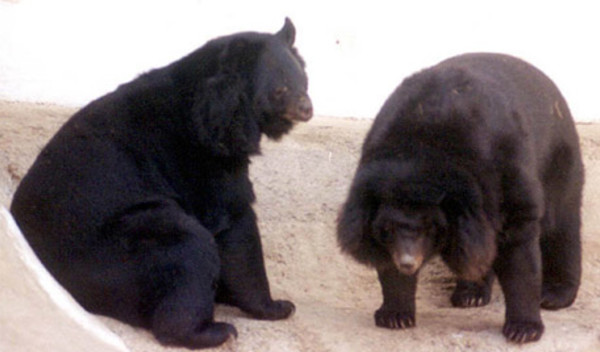

Lord Jacob Rothschild has warned the consequences of tariffs and Brexit meant now was not an "appropriate" time to buy more equities.
Writing in the half-year report of RIT, the £3.4bn investment trust he chairs, Lord Rothschild also cited the ending of the policy of quantitative easing (QE) as a reason for shunning stocks.
Lord Rothschild said: "We continue to believe that this is not an appropriate time to add to risk. Current stock market valuations remain high by historical standards, inflated by years of low interest rates and the policy of quantitative easing which is now coming to an end."
He is a persistent and long-term critic of the policy of QE, which occurs when central banks cut interest rates and buy bonds to increase liquidity in markets in the expectation this will feed through to improved economic growth.
Lord Rothschild believes the policy boosts asset prices to levels not justified by the levels of economic growth, and those valuations will decline when is reversed.
He wrote that while many countries continued to experience strong levels of economic growth, problems abounded and he believed such problems could be harder to solve if they occured now because, in the current political environment, getting governments and policy makers to cooperate with each other was more difficult than when the global financial crisis happened.
He wrote: "The resolution of these problems in this unpredictable era will surely be difficult.
"In 9/11 and in the 2008 financial crisis, the powers of the world worked together with a common approach. Co-operation today is proving much more difficult. This puts at risk the post-war economic and security order.
"In the circumstances our policy is to maintain our limited exposure to quoted equities and to enter into new commitments with great caution. Doubtless there will be opportunities in stock selection and through identifying gifted investment managers with specialised skills.
"In this context we are conscious of the economic potential in Asia, notably China, as well as the advances in innovation and technology."
He added: "Problems are likely to continue in emerging markets, compounded by rising interest rates and US monetary policy which has drained global dollar liquidity. We have already seen the impact on the Turkish and Argentinian currencies.
"We remain concerned about geo-political problems including Brexit, North Korea and the Middle East, at a time when populism is spreading globally."
Lord Rothschild said the trust, which is a multi-asset and multi-manager fund in which the Rothschild family has an investment of around £340m, currently has 47 per cent of its capital in listed shares, which he regards as a "cautious" level, but is particularly interested in investments in Asia and China.
The trust is invested in absolute return funds and unquoted equity among other investments. RIT has returned 11 per cent over the past year to 9 August, compared with 3 per cent for the average trust in AIC Flexible Investment sector in the same time period.
David Scott, an adviser at the firm of Andrews Gwynne in Leeds, was particularly bearish on the outlook for the global economy particularly as a result of QE, and noted that Warren Buffet, whom he calls "the greatest investor in the world", has been increasing his weighting to cash to 40 per cent, and this should be a warning sign for investors.
Edward Park, investment director at wealth manager Brooks Macdonald, said equities outside of the US looked cheap, but each region was mired in uncertainty, while the US market looks expensive, the lower level of uncertainty makes the higher valuation justified.
david.thorpe@ft.com




